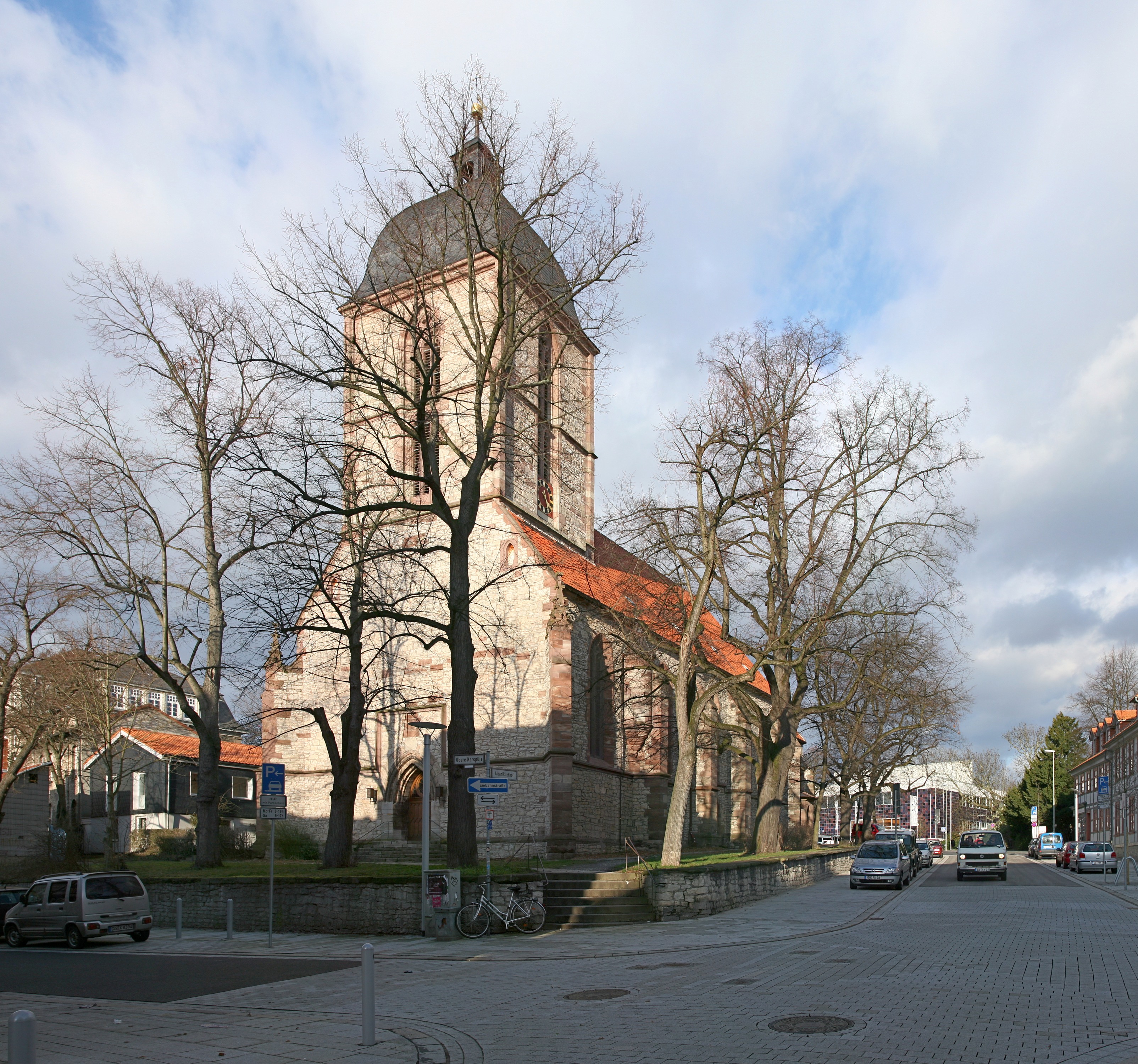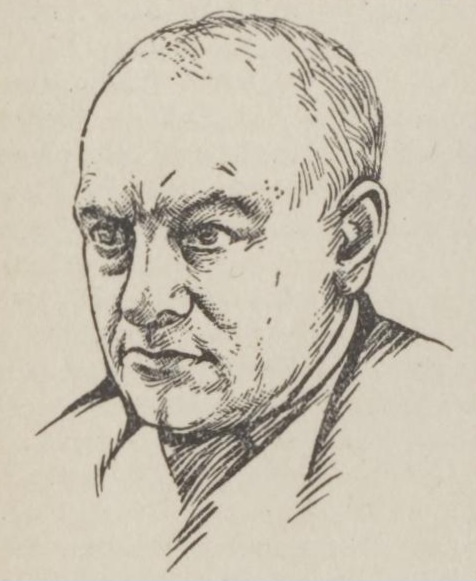|
Eugène Minkowski
Eugène Minkowski (; born Eugeniusz Minkowski; 17 April 1885 – 17 November 1972) was a French psychiatrist of Jewish Polish origin, known for his incorporation of phenomenology into psychopathology and for exploring the notion of "lived time". A student of Eugen Bleuler, he was also associated with the work of Ludwig Binswanger and Henri Ey. He was influenced by phenomenological philosophy and the vitalistic philosophy of Henri Bergson, and by the phenomenologists Edmund Husserl and Max Scheler; therefore his work departed from classical medical and psychological models. He was a prolific author in several languages and regarded, as a great humanitarian. Minkowski accepted the phenomenological essence of schizophrenia as the "trouble générateur" ("generative disturbance"), which he thought consists in a loss of "vital contact with reality" and shows itself as autism. Life and career Minkowski was born in Saint Petersburg, the capital of the Russian Empire, into a Jewish Polis ... [...More Info...] [...Related Items...] OR: [Wikipedia] [Google] [Baidu] |
Saint Petersburg
Saint Petersburg, formerly known as Petrograd and later Leningrad, is the List of cities and towns in Russia by population, second-largest city in Russia after Moscow. It is situated on the Neva, River Neva, at the head of the Gulf of Finland on the Baltic Sea. The city had a population of 5,601,911 residents as of 2021, with more than 6.4 million people living in the Saint Petersburg metropolitan area, metropolitan area. Saint Petersburg is the List of European cities by population within city limits, fourth-most populous city in Europe, the List of cities and towns around the Baltic Sea, most populous city on the Baltic Sea, and the world's List of northernmost items#Cities and settlements, northernmost city of more than 1 million residents. As the former capital of the Russian Empire, and a Ports of the Baltic Sea, historically strategic port, it is governed as a Federal cities of Russia, federal city. The city was founded by Tsar Peter the Great on 27 May 1703 on the s ... [...More Info...] [...Related Items...] OR: [Wikipedia] [Google] [Baidu] |
Psychopathology
Psychopathology is the study of mental illness. It includes the signs and symptoms of all mental disorders. The field includes Abnormal psychology, abnormal cognition, maladaptive behavior, and experiences which differ according to social norms. This discipline is an in-depth look into symptoms, behaviors, causes, course, development, categorization, treatments, strategies, and more. Biological psychopathology is the study of the biological etiology of abnormal cognitions, behaviour and experiences. Child psychopathology is a specialization applied to children and adolescents. History Early explanations for Mental illness, mental illnesses were influenced by religious belief and superstition. Psychological conditions that are now classified as mental disorders were initially attributed to possessions by evil spirits, demons, and the devil. This idea was widely accepted up until the sixteenth and seventeenth centuries. The Greek physician Hippocrates was one of the first to rej ... [...More Info...] [...Related Items...] OR: [Wikipedia] [Google] [Baidu] |
Kazan
Kazan; , IPA: Help:IPA/Tatar, [qɑzan] is the largest city and capital city, capital of Tatarstan, Russia. The city lies at the confluence of the Volga and the Kazanka (river), Kazanka Rivers, covering an area of , with a population of over 1.3 million residents, and up to nearly 2 million residents in the greater Kazan metropolitan area, metropolitan area. Kazan is the List of cities and towns in Russia by population, fifth-largest city in Russia, being the Volga#Biggest cities on the shores of the Volga, most populous city on the Volga, as well as within the Volga Federal District. Historically, Kazan was the capital of the Khanate of Kazan, and was Siege of Kazan, conquered by Ivan the Terrible in the 16th century, at which point the city became a part of the Tsardom of Russia. The city was seized (and largely destroyed) during Pugachev's Rebellion (1773–1775), but was later rebuilt during the reign of Catherine the Great. In the following centuries, Kazan grew to become a ... [...More Info...] [...Related Items...] OR: [Wikipedia] [Google] [Baidu] |
Munich University
The Ludwig Maximilian University of Munich (simply University of Munich, LMU or LMU Munich; ) is a public university, public research university in Munich, Bavaria, Germany. Originally established as the University of Ingolstadt in 1472 by Duke Ludwig IX of Bavaria-Landshut, it is Germany's List of universities in Germany, sixth-oldest university in continuous operation. In 1800, the university was moved from Ingolstadt to Landshut by King Maximilian I Joseph of Bavaria when the city was threatened by the French, before being transferred to its present-day location in Munich in 1826 by King Ludwig I of Bavaria. In 1802, the university was officially named Ludwig-Maximilians-Universität by King Maximilian I of Bavaria in honor of himself and Ludwig IX. LMU is currently the second-largest university in Germany in terms of student population; in the 2023/24 winter semester, the university had a total of 52,972 matriculated students. Of these, 10,138 were freshmen, while internati ... [...More Info...] [...Related Items...] OR: [Wikipedia] [Google] [Baidu] |
Göttingen University
Göttingen (, ; ; ) is a college town, university city in Lower Saxony, central Germany, the Capital (political), capital of Göttingen (district), the eponymous district. The River Leine runs through it. According to the 2022 German census, the population of Göttingen was 124,548. Overview The origins of Göttingen lay in a village called ''Gutingi, ''first mentioned in a document in 953 AD. The city was founded northwest of this village, between 1150 and 1200 AD, and adopted its name. In Middle Ages, medieval times the city was a member of the Hanseatic League and hence a wealthy town. Today, Göttingen is famous for its old university (''Georgia Augusta'', or University of Göttingen, "Georg-August-Universität"), which was founded in 1734 (first classes in 1737) and became the most visited university of Europe. In 1837, seven professors protested against the absolute sovereignty of the House of Hanover, kings of Kingdom of Hanover, Hanover; they lost their positions, but ... [...More Info...] [...Related Items...] OR: [Wikipedia] [Google] [Baidu] |
Warsaw
Warsaw, officially the Capital City of Warsaw, is the capital and List of cities and towns in Poland, largest city of Poland. The metropolis stands on the Vistula, River Vistula in east-central Poland. Its population is officially estimated at 1.86 million residents within a Warsaw metropolitan area, greater metropolitan area of 3.27 million residents, which makes Warsaw the List of cities in the European Union by population within city limits, 6th most-populous city in the European Union. The city area measures and comprises List of districts and neighbourhoods of Warsaw, 18 districts, while the metropolitan area covers . Warsaw is classified as an Globalization and World Cities Research Network#Alpha 2, alpha global city, a major political, economic and cultural hub, and the country's seat of government. It is also the capital of the Masovian Voivodeship. Warsaw traces its origins to a small fishing town in Masovia. The city rose to prominence in the late 16th cent ... [...More Info...] [...Related Items...] OR: [Wikipedia] [Google] [Baidu] |
Autism Spectrum
Autism, also known as autism spectrum disorder (ASD), is a neurodevelopmental disorder characterized by differences or difficulties in social communication and interaction, a preference for predictability and routine, sensory processing differences, focused interests, and repetitive behaviors, which may include stimming. Formal diagnosis requires significant challenges in multiple domains of life, with characteristics that are atypical or more pronounced than expected for one's age and sociocultural context.(World Health Organization: International Classification of Diseases version 11 (ICD-11)): https://icd.who.int/browse/2024-01/mms/en#437815624 Motor coordination difficulties are common but not required for diagnosis. Autism is a spectrum disorder, resulting in wide variations in presentation and support needs, such as that between speaking and non-speaking populations. Increased estimates of autism prevalence since the 1990s are primarily attributed to broader cr ... [...More Info...] [...Related Items...] OR: [Wikipedia] [Google] [Baidu] |
Medical Model
Medicine is the science and practice of caring for patients, managing the diagnosis, prognosis, prevention, treatment, palliation of their injury or disease, and promoting their health. Medicine encompasses a variety of health care practices evolved to maintain and restore health by the prevention and treatment of illness. Contemporary medicine applies biomedical sciences, biomedical research, genetics, and medical technology to diagnose, treat, and prevent injury and disease, typically through pharmaceuticals or surgery, but also through therapies as diverse as psychotherapy, external splints and traction, medical devices, biologics, and ionizing radiation, amongst others. Medicine has been practiced since prehistoric times, and for most of this time it was an art (an area of creativity and skill), frequently having connections to the religious and philosophical beliefs of local culture. For example, a medicine man would apply herbs and say prayers for healing ... [...More Info...] [...Related Items...] OR: [Wikipedia] [Google] [Baidu] |
Max Scheler
Max Ferdinand Scheler (; 22 August 1874 – 19 May 1928) was a German philosopher known for his work in phenomenology, ethics, and philosophical anthropology. Considered in his lifetime one of the most prominent German philosophers,Davis, Zachary and Anthony Steinbock, "Max Scheler", The Stanford Encyclopedia of Philosophy (Spring 2019 Edition), Edward N. Zalta (ed.), URL = . Scheler developed the philosophical method of Edmund Husserl, the founder of phenomenology. After Scheler's death in 1928, Martin Heidegger affirmed, with Ortega y Gasset, that all philosophers of the century were indebted to Scheler and praised him as "the strongest philosophical force in modern Germany, nay, in contemporary Europe and in contemporary philosophy as such." Life and career Childhood Max Scheler was born in Munich, Germany, on 22 August 1874, to a well-respected orthodox Jewish family: his Catholic father had converted to Judaism in order to marry his mother. He had "a rather typical late ... [...More Info...] [...Related Items...] OR: [Wikipedia] [Google] [Baidu] |
Edmund Husserl
Edmund Gustav Albrecht Husserl (; 8 April 1859 – 27 April 1938) was an Austrian-German philosopher and mathematician who established the school of Phenomenology (philosophy), phenomenology. In his early work, he elaborated critiques of historicism and of psychologism in logic based on analyses of intentionality. In his mature work, he sought to develop a systematic foundational science based on the so-called Bracketing (phenomenology), phenomenological reduction. Arguing that Transcendence (philosophy), transcendental consciousness sets the limits of all possible knowledge, Husserl redefined phenomenology as a Transcendental idealism, transcendental-idealist philosophy. Husserl's thought profoundly influenced 20th-century philosophy, and he remains a notable figure in contemporary philosophy and beyond. Husserl studied mathematics, taught by Karl Weierstrass and Leo Königsberger, and philosophy taught by Franz Brentano and Carl Stumpf. He taught philosophy as a ''Privatdozent' ... [...More Info...] [...Related Items...] OR: [Wikipedia] [Google] [Baidu] |
Henri Bergson
Henri-Louis Bergson (; ; 18 October 1859 – 4 January 1941) was a French philosopher who was influential in the traditions of analytic philosophy and continental philosophy, especially during the first half of the 20th century until the Second World War, but also after 1966 when Gilles Deleuze published ''Le Bergsonisme''. Bergson is known for his arguments that processes of immediate experience and Intuition (knowledge), intuition are more significant than abstract rationalism and science for understanding reality. Bergson was awarded the 1927 Nobel Prize in Literature "in recognition of his rich and vitalizing ideas and the brilliant skill with which they have been presented". In 1930, France awarded him its highest honour, the Grand-Croix de la Legion d'honneur. Bergson's great popularity created a controversy in France, where his views were seen as opposing the Secularism in France, secular and scientific attitude adopted by the French Third Republic, Republic's offici ... [...More Info...] [...Related Items...] OR: [Wikipedia] [Google] [Baidu] |






